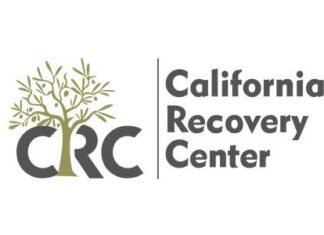According to the National Institutes of Health, about 800,000 Americans each year experience a stroke, and those strokes “cause more serious long-term disabilities than any other disease.” A stroke happens when blood stops flowing in your brain, either due to bleeding or clotting.
Lisa VanWatermulen of Lake Crystal, Minnesota, reads this column in the Lake Crystal Tribune. She works as a family nurse practitioner involved with primary care, disease management, and prevention. Both her grandmothers experienced strokes that caused disabilities.
In a telephone interview, 40-year-old VanWatermulen said, “My one grandmother was about 70 when she had a stroke that paralyzed her left side. It was a big blow because my grandpa had to figure out the role of being a caregiver, which was something men in his generation just didn’t do. He had never been a caregiver. My grandmother did recover enough strength (over time) to walk with a cane, but had to learn how to do everything with just one hand. She was left-handed and had to become right-handed.”
That grandmother passed away in 2014. VanWatermulen’s other grandmother was a farm wife, too, who struggled for several years with early-stage dementia before having serious, temporary complications from medicine used to treat her eyes.
She said, “Then in summer 2014, that grandmother really quickly went downhill in terms of her health. She went from living alone at home to an assisted living facility. It was tough for her to make the transition and she was angry with her children for it. She didn’t understand how much she had been forgetting. Then she had a stroke in the facility and suddenly she didn’t know who she was, who we were or where she was. She was moved to a nursing home and didn’t know she was at the same nursing home she had worked at many years as a housekeeper. She quit eating, her body became extremely thin, and she couldn’t engage socially anymore. She passed away January 2016.”
She advised family members of people experiencing a stroke: “Ask the doctor what part of the brain was affected (by the stroke) and educate yourself on what that will mean for your loved one moving forward in terms of their ability to function. Also, even though you don’t think they can recognize you (when visiting), they may know you’re there but just can’t communicate with you. Just you being there for them is important.”
(21+ years strong)
Welcome to the brighter side!
Get in front of local customers! 24/7 (365)





















